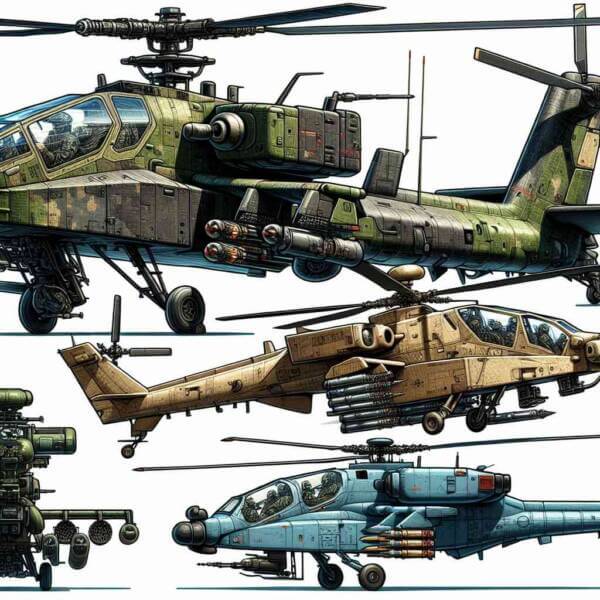Comprehensive Insights About Military Aviation
Comprehensive Insights About Military Aviation
Blog Article

The use of aircraft in military operations offers superior capabilities.
Nations invest heavily in military aviation to maintain superiority.
How Military Aviation Began
As technology advanced, airplanes were adapted for combat, altering battlefield dynamics.
Important events in the evolution of military aviation:
- First use of armed aircraft in combat
- Creation of long-range bombers and jets
- Emergence of strategic bombers and nuclear deterrence
- Rise of unmanned aerial vehicles (UAVs)
Each era brought more powerful aircraft that redefined military capabilities.
Types of Military Aircraft
Military aviation includes a variety of aircraft, each designed for specific missions.
Major aircraft classifications:
- Planes built for speed and agility
- Aircraft for long-range attacks
- Transport aircraft
- Eyes in the sky for modern armies
Each type plays a critical function in military operations, from securing airspace.
The Strategic Value of Military Aviation
Air superiority is essential for achieving military success.
Strategic advantages of air dominance:
- Providing close air support
- Disrupting enemy supply lines
- Surveillance and reconnaissance missions
- Boosting morale
Nations with strong military aviation capabilities can defend their interests more effectively.
Advancements Shaping the Future
Constant research and development redefine capabilities for future warfare.
Recent innovations include:
- Aircraft designed to evade radar detection
- Hypersonic weapons
- Unmanned aircraft operating independently
- New forms of aerial weaponry
These advancements enhance lethality for air forces worldwide.
Risks and Limitations
From high costs to geopolitical tensions, the road to air dominance is a constant battle.
Key challenges include:
- Expensive research and operations
- Short life cycles for cutting-edge aircraft
- Cybersecurity threats
- Questions about accountability and control
Addressing these challenges is essential for maintaining air power.
Where Military Aviation is Heading
The future of military aviation promises an era of transformation.
Future trends may include:
- Smarter decision-making systems
- Defending assets beyond Earth
- Eco-friendly military aircraft
- read more Joint defense projects
The next era of military aviation will shape the future of global security.
The Enduring Power of Military Air Forces
Military aviation remains a decisive factor in global defense.
As technology continues to evolve, the skies will remain a vital domain where military aviation shapes the world order.
The future of military aviation is more dynamic than ever — and it’s only just beginning. Report this page